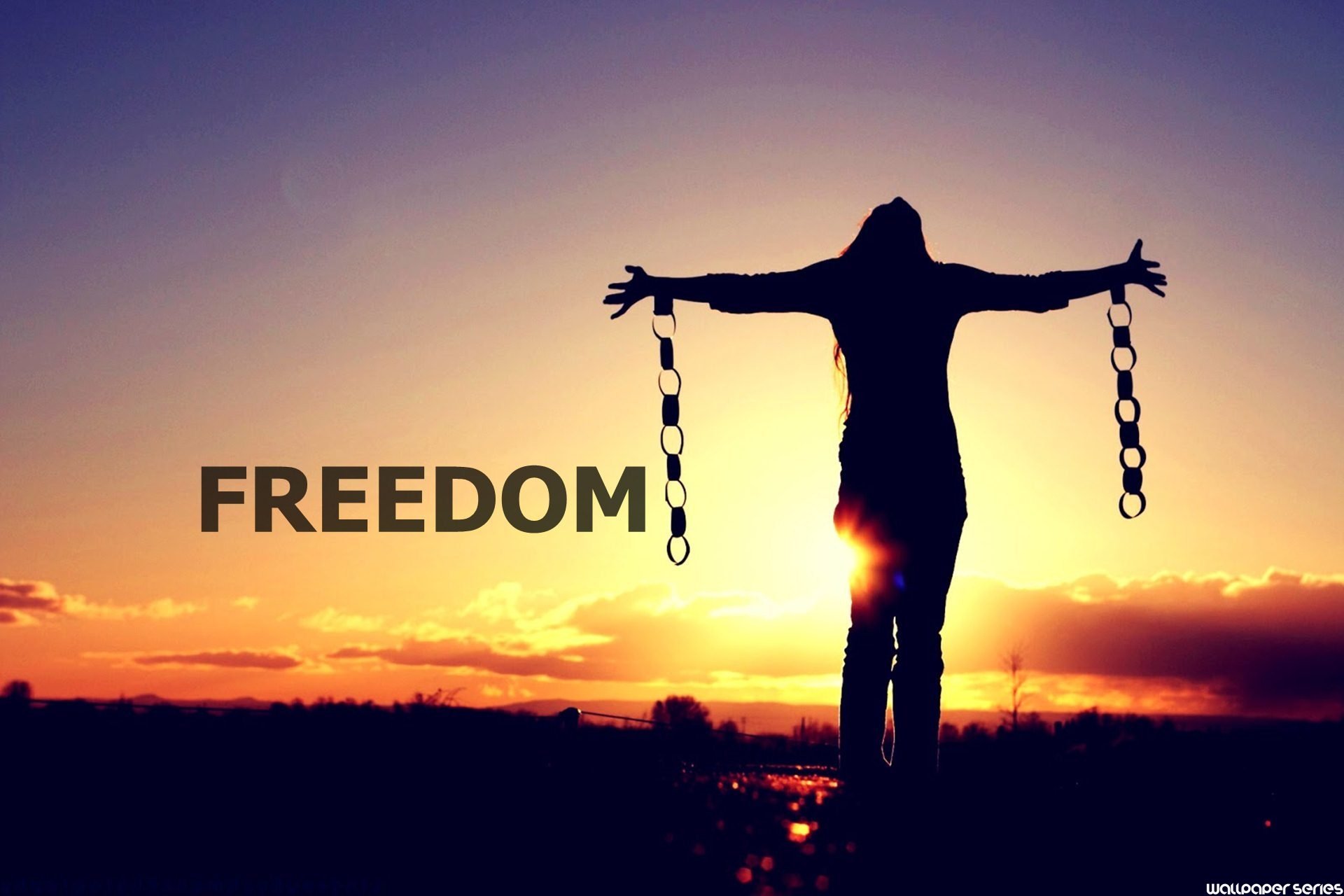The Bahá’í teachings on freedom of thought and speech form a cornerstone of its philosophy, underscoring the profound interconnection between individual liberty and collective progress. In an era marked by a cacophony of opinions and the relentless pursuit of truth, these principles illuminate pathways toward unity and advancement. By fostering an environment where diverse perspectives can flourish, the Bahá’í Faith lays a fertile ground for the seeds of enlightenment to germinate.
One might liken the concept of freedom of thought to a vast open sky, wherein the myriad clouds represent the unique and varied reflections of human experience. Just as each cloud holds its shape and essence while coalescing with others in harmony, so too can individual thoughts merge to create a cohesive tapestry of understanding. This dynamic interplay beckons us to explore the far-reaching implications of intellectual and expressive emancipation.
At the heart of the Bahá’í teachings is the assertion that every human being possesses an innate capacity for knowledge and discernment. This inherent potential poses an invitation to engage in the unending quest for truth. Bahá’u’lláh, the founder of the Faith, encouraged followers to “consort with the followers of all religions in a spirit of friendliness and fellowship.” By advocating for the exchange of ideas among diverse groups, the Bahá’í teachings promote a marketplace of thoughts, akin to a thriving bazaar where the richness of ideas can breed innovation and collective wisdom.
Freedom of thought, as envisioned in Bahá’í teachings, is not merely the absence of constraint; it is an active engagement with the rich tapestry of human experience. In this paradigm, individuals are urged to transcend habitual thinking and societal norms, fostering a deep commitment to inquiry and reflection. This transformative journey is akin to navigating a labyrinth, where each twist and turn leads to deeper understanding and enlightenment.
Furthermore, the Bahá’í perspective harmonizes the notion of individual autonomy with the paramount importance of community coherence. To speak freely is to construct bridges of communication among the diverse inhabitants of this planet. The art of discourse, in this sense, becomes akin to a skilled musician playing in an orchestra, where each instrument contributes to the overall symphony of unity. By endorsing freedom of speech, Bahá’ís advocate for a collective dialogue that transcends cultural, ideological, and social barriers.
As we delve deeper, it is essential to understand that freedom of speech is not an unqualified entitlement, but rather a solemn responsibility. The principles of justice and truthfulness, as articulated in Bahá’í teachings, serve as guiding stars in the pursuit of genuine expression. Thus, each utterance is imbued with the weight of consequence; the words spoken can either constructively impact unity or, conversely, sow discord. Hence, the ethical obligation to wield language with care and mindfulness emerges prominently in Bahá’í teachings.
This ethical underpinning encourages a culture of accountability, inviting individuals to consider not only their intentions but also the resultant effects of their words on the broader community. Just as fire, when harnessed wisely, provides warmth and sustenance, so too can speech illuminate pathways toward connection and understanding. However, unchecked rhetoric can ignite conflagrations of division and enmity, underscoring the delicate equilibrium between freedom and responsibility.
An intriguing aspect of the Bahá’í framework is its emphasis on unity as an intrinsic goal of free thought and expression. In the realm of personal liberty, the Bahá’í teachings conceptualize the individual not as an isolated entity, but as an integral part of a larger cosmic puzzle. Each person’s unique insights and contributions, when harmonized, contribute to a broader narrative of shared humanity. This notion is evocative of a mosaic, wherein every distinct tile adds depth and character, culminating in a unified composition that reflects the beauty of diversity.
Moreover, Bahá’í teachings illuminate the necessity of fostering an environment where freedom of thought and expression are supported by education and a commitment to lifelong learning. Education serves as both a beacon of enlightenment and a safeguard against ignorance, enabling individuals to refine their ability to think critically and articulate their thoughts coherently. The process of education, therefore, encapsulates an intricate dance between personal agency and communal obligation, nurturing individuals who can engage thoughtfully in public discourse.
In this grand tapestry of thought and expression, the synthesis of freedom and unity emerges not only as an ideal but as an achievable reality. The integration of diverse perspectives into the collective narrative fosters resilience, enhances creativity, and cultivates a deeper sense of belonging among individuals. Such a paradigm allows society to flourish, navigating the complexities of existence with empathy and understanding.
In conclusion, the Bahá’í teachings on freedom of thought and speech serve as powerful conduits for personal and collective progress. By championing the principles of inquiry, responsibility, and unity, the Faith provides a framework that invites individuals to traverse the expansive landscape of human experience. Each voice contributes to the rich symphony of humanity, with the potential to cultivate a world characterized by peace, understanding, and shared purpose. Thus, the Bahá’í ethos resonates with the hopeful refrain that through freedom of thought and speech, humanity can indeed march confidently toward a brighter, more unified future.
